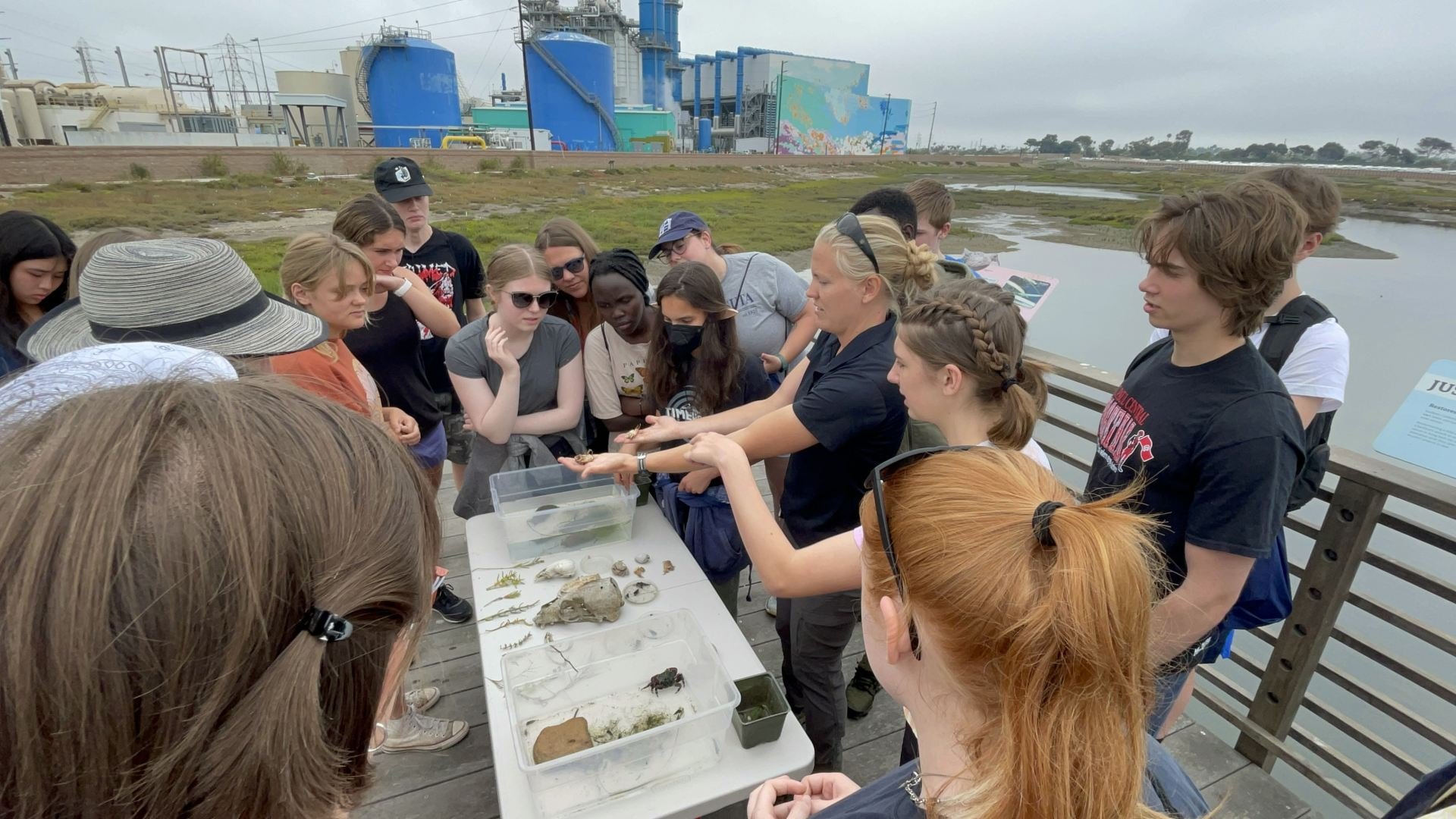RESEARCH
Video editing credit: Sarah Hoenicke Flores
Created for the University of California Humanities Research Initiative’s Wildland-Urban Interface Climate Action Network fellowship
ACADEMIC PUBLICATIONS

Praying against extractivism: epistemological humility and the pluriverse (book chapter, eds. Marcos Scauso and Gabriella Colello, forthcoming). Abstract: In recent years, prayer camps have become sites of political organization, struggle, resistance, and imagination. Despite the ongoing prevalence of prayer and other expressions of faith in environmental (and settler-colonial and neoliberal) resistance efforts, the communication itself has received limited attention as a form of political action (Schwarz, 2018a; 2018b). This chapter analyses prayer’s capacity to disrupt neoliberal worldviews that seek, and often claim, to know all. Within the context of this case, prayer and resistance are utilized by those who adhere to traditional Indigenous or syncretic spiritualities, as well as Christian settlers interested in some combination of environmental or climate protection and Indigenous land repatriation in Manitoba. Although ‘prayer’ or claiming to commune with the Sacred can and has been used for violent purposes (and especially for settler colonial land theft), I suggest that it can also hold liberatory capacity as a reimagination of who and what is ascribed agency, encouraging an epistemic humbling from prayer adherents, and contradicting a neoliberal Self that seeks to know all. This chapter is part of a broader project that employs open-ended interviews, participant observation, and autoethnographic methodologies. It is also part of a broader project that aims to situate fieldwork reflections within the complicated legacies of spiritual/religious encounters within Canada, which challenges conceptions of power and religious agency under Christian colonialism and engages possibilities for decoloniality under and through Christian perspectives (Bradford and Horton, 2016). Fieldwork reflections also describe the concept of ‘prayer’ as a challenge to the religious-secular binary, which might surrender ‘prayer as action’ to the Sacred as life’s work to follow a path oriented toward social justice.

"Wedding of the Classes at Mississippi State College for Women," Merge, vol. 2, Mississippi University for Women: spring 2018. Photo: Depiction of the Junior-Freshman Wedding, shared via Facebook by The Mississippi University for Women's Beulah Culbertson Archives and Special Collections, Fant Library
COMMUNITY-DRIVEN
WORK
“Community is Another Word for Ecosystem”
Created in partnership with Harbor Christian Church and the University of California Humanities Research Initiative’s Wildland-Urban Interface Climate Action Network
Youth in California participate in a Blue Theology field trip.
Photo credit: Sadie Cullumber
